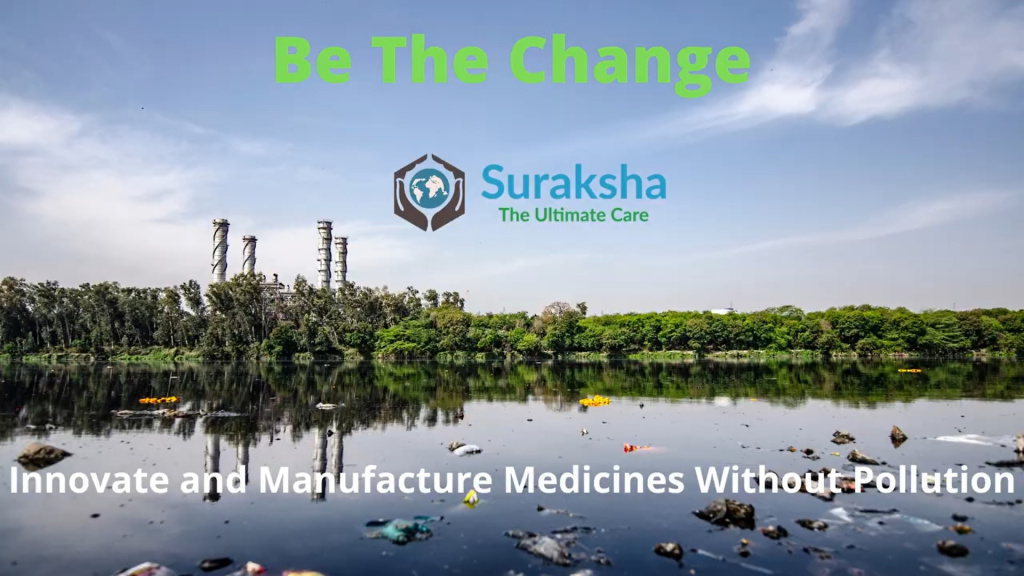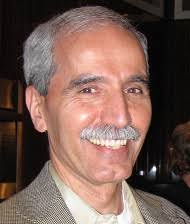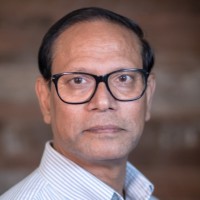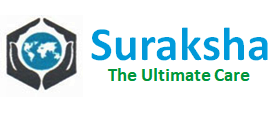Incorporating Sustainability Principles in Drug Development Course
Dates: TBA, 3 Classes 3 hours each.
Time: 7:00 PM - 10:00 PM, IST.
Venue: Online.
This course is being offered in India with the support of

Suraksha is supporting sustainable innovation with mentoring, professional training programs and technology commercialization support from USA. This is a part of our mission to offer courses to students, professionals and companies to focus more on environmental friendly technology development in India. We are determined to empowering 1 million entrepreneurs around the globe.
Federation of Asian Biotech Associations and FABA Academy are promoting the innovation, entrepreneurship and workforce development in life science industry from India.
Purpose of the course
The citizens of the countries including children, world leaders, scientists, global banks and asset managers are demanding to stop polluting companies that are causing irreversable climate change, threat to human health and biodiversity. There would be a phenominal change in the innovation and porduct manufacturing and distribution from now onwards.
This course is an introduction to new product development process and challenges, roles, and responsibilities of technical personnel.
Who should attend?
Professionals, graduate and post graduate students in life sciences and chemical and biotech engineering, Postdocs, and executive, who are involved in research and development and manufacturing in industry will benefit from this course.
Where would the course be useful?
All major life science companies have incorporated sustainability practices in their R&D and manufacturing. Understanding and applying these principles in all aspects of product development and manufacturing is now a necessity.
What opportunities are there after the course?
Understanding sustainability principles and their application and the new trends in product development and manufacturing provides technical professionals with a big advantage in the professional development career growth and job market.
Prerequisites
Biology/Organic Chemistry I and II/ Physical Chemistry I and II/ Synthesis and Chemical Engineering.
Course overview
Chemists, biologists, and chemical engineers are involved in a wide range of activities in “Life Sciences industry”. By “Lifesciences Industry” we mean a hugely diverse field of industries like biotech, pharmaceuticals, agricultural, food, cosmetics, materials, coatings, fine and specialty chemicals, commodity products, etc. Simply said, biologists and chemists are everywhere! However, the biology and chemistry graduates do not have a good understanding of the challenges and opportunities available to them in this complex enterprise. One of these challenges is globalization and its impact on the supply chain and how it has impacted all levels of new product development and commercialization. A great new opportunity is the incorporation of Sustainable Green Chemistry and Engineering Principles and circular economy in life sciences industry. This course is an introduction to research and development in life sciences industry and covers topics that lead to the development of sustainable products and processes.
Instuctor

Mahmood Sabahi, Ph.D.
Dr. Sabahi is an Advisory Board Member of Suraksha. He is a Lecturer at the Professional Master’s in Manufacturing Leadership program at Georgia Institute of Technology and was an Affiliated Faculty at the School of Chemical and Biomolecular Engineering at Georgia Institute of technology from to 2016 to 2020. Previously, he was an Adjunct Professor at the Chemical Engineering department at Louisiana State University. He is the President of Sustainable Chemistry; Education and R&D focused on promoting sustainability principles in research and development. Dr. Sabahi spent 23 years in R&D at Albemarle corporation and was involved in all aspects of new product development from discovery to commercialization and retired as a Senior R&D Advisor in 2013. He has 33 US Patents to his credit and more than 15 publications in peer reviewed journals from his years in academia.
Opening and closing remarks

Prasad Jaladi is the Founder and Chief Facilitator of Suraksha. He has executive experience in biotech, pharma and information technology industries including emerging technologies. He has done M. Sc. in organic chemistry from Bhavnagar University, Gujarat. Prasad obtained Project Management training from San Jose State University, CA, and Drug Development and Clinical Trials from University of California, Santa Cruz, USA. He managed QC, QA, R&D, Pilot and Commercial manufacturing and consulting in pharmaceutical industry in India. He has obtained training in ERP, CRM and worked as SAP consultant in the US. Prasad has built international partnerships to promote STEM, innovation and entrepreneurship. He has supported fortune 500/1000 companies, univeristies, government and private research instutions and hospitals with IT consulting, SaaS for datamining in gene expression analysis, and training programs in north and south Americas. He has promoted SaaS for end to end patent management system and technology intelligence analytics for affordable innovation. Prasad is the supporter of sustainable innovation and involved in technology commercialization projects. Prasad is a mentor and judge at startup incubators and accelerators in the US. He has hosted international conferences and workshops in bioinformatics, clinical trials, regulatory affairs, qPCR, data mining in qPCR for professional development, innovation and entrepreneurship.
Course syllabus
1. Describe the chemical industry’s value chain and supply chain.
2. Introduce New Product Development Process from ideation to commercialization.
3. Discuss incorporation of sustainability principles in Scale-Up and Process Development which includes:
a. Process mass balance and throughput
b. Green Chemistry and Engineering concepts
c. Life Cycle Inventory (LCI) and Life Cycle Assessment (LCA)
d. Applying Green Chemistry & Engineering principles for development of sustainable manufacturing processes
e. Product and process safety and hazard analysis
f. Intellectual Property (IP) and patents
g. Process economic evaluation
h. Regulatory and product registration
4. Address challenges of commercialization of sustainable new products and process in a circular economy.
Course duration, exercises and certificate
9 hours. Agenda would be provided for registered attendees.
Excercises will be given to participants in between classes for gaing thorough knowledge.
A certificate will be issued after the completion of the course.
Perks after taking the course
Free mentorship support if you have an idea and want to start a company.
Support for international startup competition.
Fee
Students Rs. 15, 000.00
For fee payment email to training@suraksha.us with information about yourself to receive a link to pay online.
Questions?
Email to training@suraksha.us
P: +91 -901-460-6818.

